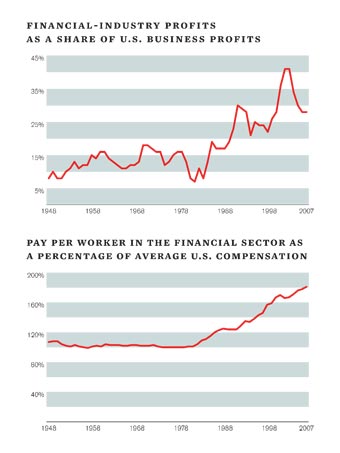
You’ve got to admit that that’s kind of compelling.
Huh. Actually, in the writing of this post, I realize that the White House is trying to extend terms that are inconsistent with the terms of the CC license it’s labeled its photos with:
These official White House photographs are being made available for publication by news organizations and/or for personal use printing by the subject(s) of the photographs. The photographs may not be used in materials, advertisements, products, or promotions that in any way suggest approval or endorsement of the President, the First Family, or the White House.
In fact, each photo is labeled with the Creative Commons Attiribution license, which provides simply:
You are free:
* to Share — to copy, distribute and transmit the work
* to Remix — to adapt the workUnder the following conditions:
You must attribute the work in the manner specified by the author or licensor (but not in any way that suggests that they endorse you or your use of the work).
It strikes me that the terms listed by the White House on its Flickr stream attempt to restrict commercial use of the photos, but the CC license which it chooses to govern the photos don’t make any such restriction.
Photo: Official White House Photo by Chuck Kennedy


